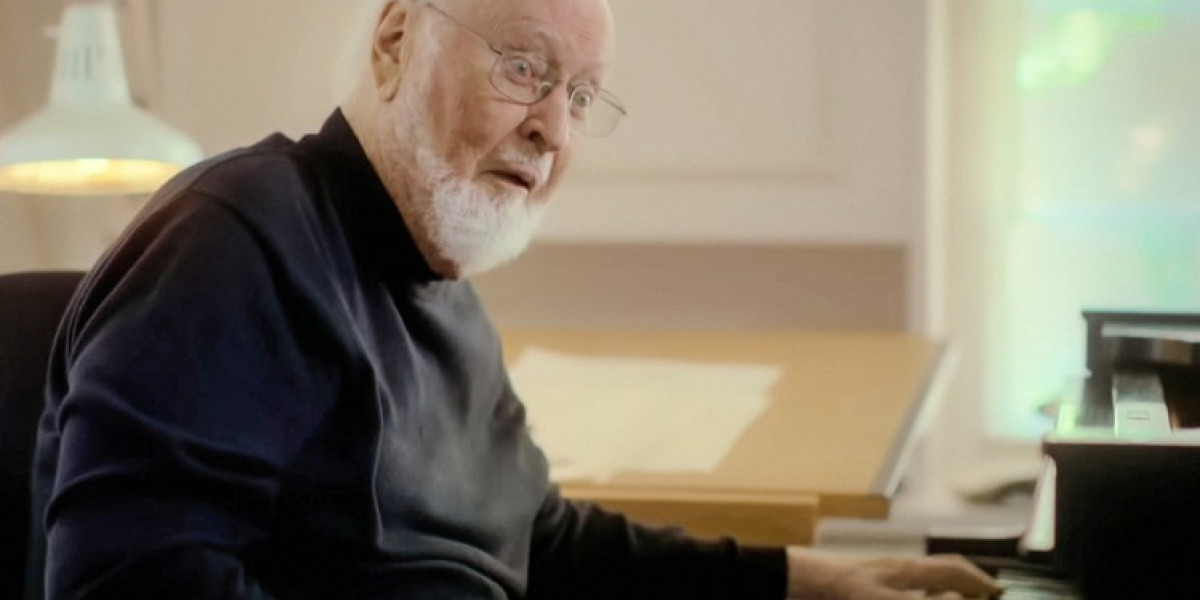As modern devices become more power-hungry and efficient, having the right charging accessories is no longer optional—it’s essential. One such accessory gaining massive popularity is the 60W USB C to C cable. It offers faster charging, reliable data transfer, and broad compatibility, making it a go-to solution for users with laptops, smartphones, tablets, and more.
But is it really the perfect cable for all your tech needs? In this article, we’ll break down the pros and cons of the 60W USB C to C cable so you can make an informed decision before your next purchase.
What Is a 60W USB C to C Cable?
Before diving into the benefits and drawbacks, it’s essential to understand what a 60W USB C to C cable actually is. This cable features USB-C connectors on both ends and supports up to 60 watts (20V/3A) of power delivery. It’s ideal for devices that require high-speed charging and data transfer, such as MacBooks, iPads, Android phones, and USB-C hubs.
Pros of a 60W USB C to C Cable
Fast and Efficient Charging
One of the biggest advantages of a 60W USB C to C cable is its ability to deliver high-speed charging. For compatible devices, it can significantly reduce the time it takes to reach a full charge—perfect for busy professionals or travelers.
Versatile Compatibility
From laptops to gaming consoles, this cable works seamlessly with any USB-C enabled device. Whether you're charging a MacBook Air, Samsung Galaxy, or a Nintendo Switch, the 60W USB C to C cable provides reliable power and connectivity.
Supports Data Transfer
In addition to charging, many 60W cables support data transfer speeds of up to 480Mbps (USB 2.0) or higher if designed with USB 3.1 standards. That makes it easy to sync files, back up your phone, or connect to external hard drives.
Compact and Travel-Friendly
Most 60W USB C to C cables are lightweight, tangle-resistant, and compact—perfect for travel or daily commutes. Some even come with braided exteriors for added durability.
Cons of a 60W USB C to C Cable
Not Suitable for All Laptops
While 60W is enough for many devices, some power-hungry laptops like gaming machines or high-end MacBook Pros may require 85W or 100W chargers. In such cases, a 60W USB C to C cable might charge slowly or not at all.
Data Speeds Vary
Not all 60W cables are created equal. Some only support basic USB 2.0 speeds, which can be limiting if you frequently transfer large files. Always check the specs before purchasing.
Quality Can Vary
The market is flooded with cheap, unregulated cables. Poor-quality 60W USB C to C cables may overheat, fray easily, or even damage your devices. Opt for trusted brands and certified cables to avoid these issues.
Final Thoughts
A 60W USB C to C cable strikes an excellent balance between charging power, versatility, and convenience. It’s a solid choice for most users—especially those with mid-range laptops, tablets, and smartphones. However, as with any tech accessory, it’s crucial to choose a high-quality product and understand its limitations.
Whether you're upgrading your charging gear or looking for a backup cable, knowing the pros and cons of a 60W USB C to C cable can help you make a smarter, safer choice.
FAQs
1. Can I use a 60W USB C to C cable with a 100W charger?
Yes, a 60W USB C to C cable can be used with a 100W charger, but the power delivery will be limited to 60W. This is safe and won’t damage your devices, though charging speed may be slower for high-wattage devices.
2. Is a 60W USB C to C cable fast enough for MacBook Air?
Absolutely. The MacBook Air (M1 and M2 models) is designed to work optimally with a 30W to 60W charger, making the 60W USB C to C cable a perfect match.
3. How do I know if a 60W USB C to C cable is safe to use?
Look for cables that are USB-IF certified and come from reputable brands. Check for features like E-mark chips for power regulation, high-quality insulation, and durable connectors to ensure safety and performance.









